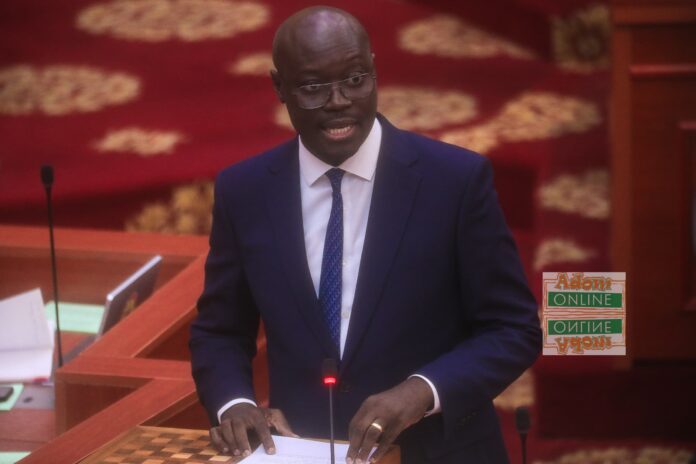The International Monetary Fund (IMF) is set to begin critical discussions with the Ghanaian government this week as the country finalizes its 2025 budget, scheduled for presentation in March.
The talks come at a decisive moment, with the government planning to scrap key tax measures, including the controversial E-levy, betting tax, and COVID-19 levy.
These levies, introduced by the previous administration to boost domestic revenue, have faced strong opposition from businesses and citizens alike.
With Ghana under an IMF-backed $3 billion Extended Credit Facility (ECF) programme, the fund is expected to assess how these proposed tax cuts align with the country’s fiscal consolidation efforts.
The IMF will seek assurances that the removal of these levies will not jeopardize revenue targets or derail Ghana’s economic recovery.
Beyond revenue concerns, the government faces mounting pressure to resolve Ghana’s energy sector debt, which has become a significant strain on public finances.
The sector’s liabilities, estimated to exceed $2 billion, threaten the stability of power producers and the broader economy. Independent Power Producers (IPPs) have repeatedly warned of potential supply disruptions if the government fails to clear outstanding arrears.
The IMF is expected to push for concrete measures to address structural inefficiencies in the energy sector, improve cost recovery, and establish a sustainable financial framework.
The government is anticipated to present a clear roadmap to the IMF, outlining strategies to offset revenue losses, settle energy sector debts, and maintain macroeconomic stability while implementing these tax reforms.
READ ALSO:

